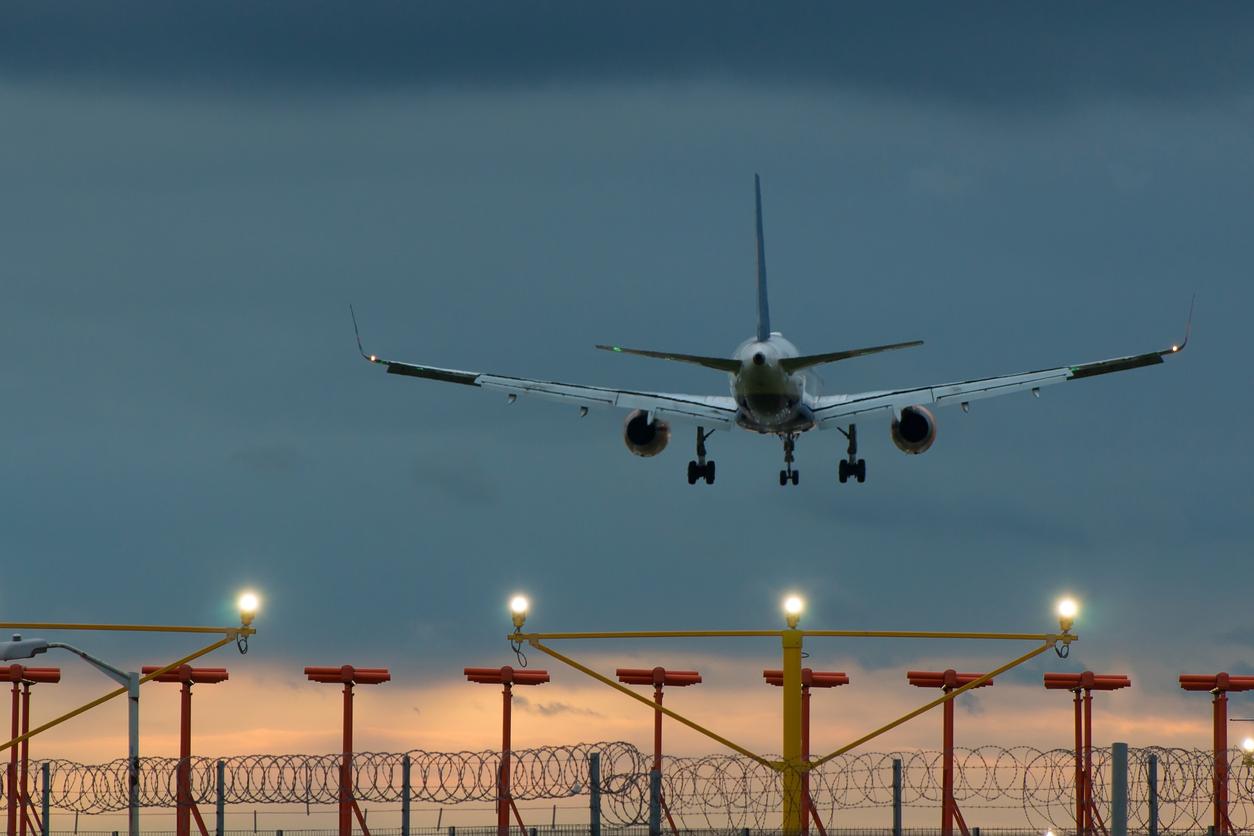Why a ‘Green Flying Duty’ is vital to combat climate change
‘All of us need to fly less, stay longer, and be encouraged towards greener, more sustainable transport’

In one of her final acts as prime minister, and likely with an eye on her legacy, Theresa May committed the UK to net zero carbon emissions by 2050. It’s proof that politicians are finally starting to engage with the realities around climate change, and is to be welcomed. But this commitment doesn’t go far enough.
For any carbon reduction plan to be successful, it needs to include the global aviation industry, which if it were a country would be the seventh largest CO2 emitter in the world.
Aviation was able to avoid inclusion in individual states’ action plans under the Kyoto Protocol and Paris Climate Agreement, but with air travel now one of the fastest-growing contributors to greenhouse gas emissions, according to the World Health Organisation, the industry cannot escape the spotlight any longer.
Cheap flights and hidden costs
Over the last few decades, we’ve become used to being able to jet off around the world at short notice, in some cases at ludicrously little cost: Rome, for the price of a couple of pizzas and a bottle of average wine? The cheap flights that drive demand for air travel are no miracle though. They exist as a direct result of the huge tax breaks on international aviation fuel enjoyed by airlines. Not all of us fly, but we all pay.
This massive growth spurt in air travel has led to the industry becoming one of the fastest-growing contributors to greenhouse gas emissions, and that needs to be recognised and tackled. Technological advancements to increase aircraft efficiency will not make enough difference, and electric planes – which we believe will be the ultimate solution to aviation pollution – are realistically still 30 years away. That leaves only one solution. If the UK is to hit its 2050 target, we need to stop flying so much.
That’s why Responsible Travel is proposing a Green Flying Duty, based on a reformed version of the existing UK Air Passenger Duty. It would end the airlines’ tax break, reduce demand for flying with higher prices, and the revenues would be ring-fenced for investment into electric flight and other ways to decarbonise air travel. If you wanted to jet off to Paris for a long weekend or the Costa del Sol for a week in the sun, you would pay considerably more to do so; and those travelling in first class would be taxed an even higher amount.
Is it still okay to fly?
I am the CEO of a travel company. At Responsible Travel, we’re not against flying, but we believe all of us need to fly less, stay longer and be encouraged towards greener, more sustainable transport options wherever possible, especially while in a destination.
If travelling by rail offered better value, if the network were more reliable, convenient and higher quality, then we would see a significant reduction in domestic flights. And in more far-flung destinations, operators should be helping people to travel overland from place to place instead of taking internal flights, for a more scenic, more culturally immersive experience.
Why should flying cost more?
Is raising the cost of flying elitist? Don’t we all deserve a few weeks in the sun each year, or the chance to take a cheap city break somewhere in Europe? I would argue that a higher tax on flying is exactly the opposite of elitist. The WWF estimates that 95 per cent of the world population has never set foot on a plane, yet climate change will affect all of us, and the poorest will bear the brunt of it. How can that be fair?
It’s important to be realistic. There is practically no chance that the global aviation industry could itself be net zero carbon by 2050. Instead, it needs to focus on getting as close to that as possible and for this to succeed there needs to be a dramatic reduction in emissions. We can urge people to fly less, we can make the case over and over again, but the fact is governments must take action. If it is serious about its commitment, the UK government could lead the way with a Green Passenger Duty, and set another example by cancelling the plans for a third runway at Heathrow.
The health of our planet, the biodiversity on which we all depend, and potentially, the survival of our own species, all rest on addressing climate change and carbon emissions. We have now reached the point where difficult choices need to be made. An ever-growing aviation industry is not sustainable. The era of low-cost flights must end now.
Justin Francis is CEO of Responsible Travel
Join our commenting forum
Join thought-provoking conversations, follow other Independent readers and see their replies
Comments
Bookmark popover
Removed from bookmarks